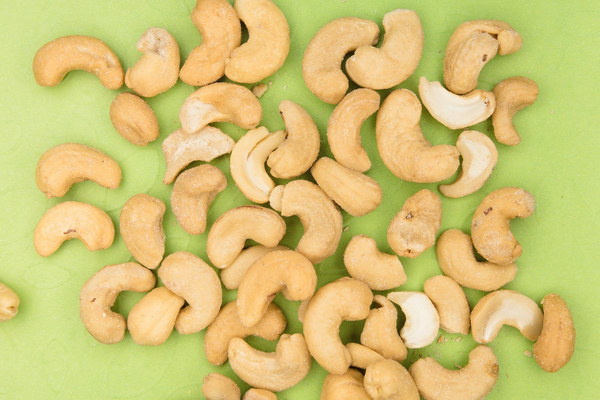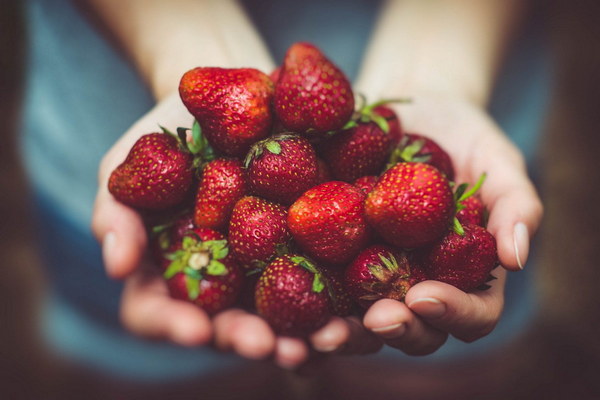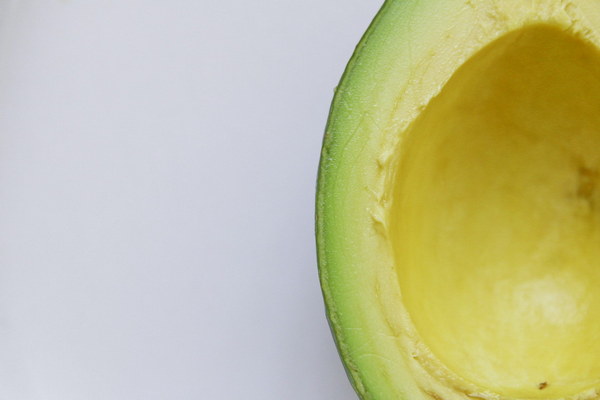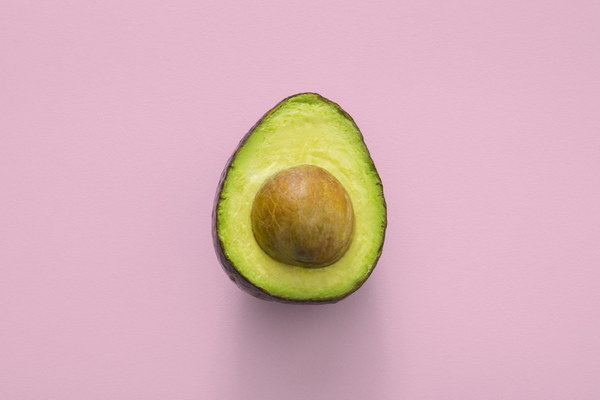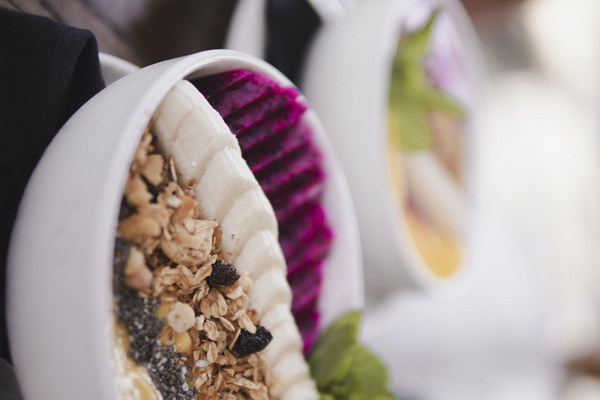Nurturing Your Lungs After COVID19 Infection A Comprehensive Guide
Introduction:
The COVID-19 pandemic has brought about significant attention to respiratory health, with many individuals experiencing lung-related issues post-infection. As we navigate the challenges of recovery, it is crucial to understand how to nurture and protect our lungs. This article aims to provide a comprehensive guide on how to care for your lungs after a COVID-19 infection.
1. Understanding the impact of COVID-19 on the lungs:
COVID-19 can lead to a range of respiratory issues, from mild to severe. In some cases, the infection can cause acute respiratory distress syndrome (ARDS), a life-threatening condition. It is essential to understand the potential long-term effects of the virus on your lungs to address them effectively.
2. Rest and recovery:
After a COVID-19 infection, your body needs time to heal. Ensure you get adequate rest and avoid overexertion. Pushing yourself too hard can hinder the recovery process and put additional strain on your lungs.
3. Breathing exercises:
Breathing exercises can help improve lung function and promote recovery. Some effective exercises include:
- Pursed-lip breathing: Inhale slowly through your nose and exhale through pursed lips, like you're whistling. This technique helps to keep the air in your lungs longer and increases oxygen exchange.
- Diaphragmatic breathing: Focus on engaging your diaphragm by lying on your back and placing one hand on your chest and the other on your abdomen. Inhale deeply through your nose, allowing your abdomen to rise, and exhale slowly through pursed lips.
- Coughing exercises: Practice coughing techniques to clear your lungs of mucus. Start by inhaling deeply and then coughing gently, followed by a deep breath and a more forceful cough.
4. Hydration:
Stay hydrated to help keep your lungs functioning properly. Aim for at least eight glasses of water per day. Hydration helps thin the mucus in your lungs, making it easier to expel.
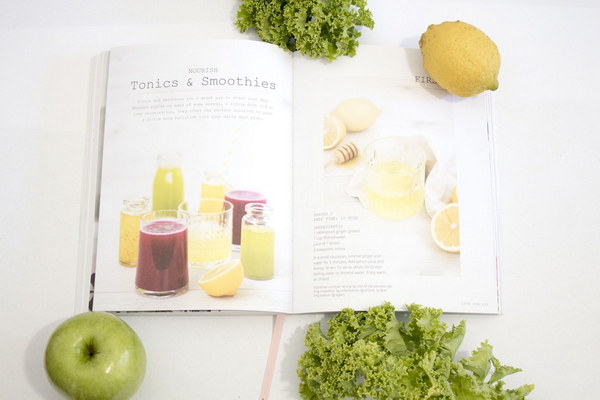
5. Avoiding irritants:
Minimize exposure to lung irritants such as smoke, dust, and strong odors. These substances can exacerbate lung issues and hinder recovery.
6. Monitoring your symptoms:
Keep track of any new or worsening symptoms, such as shortness of breath, coughing, or chest pain. If you experience any concerning changes, contact your healthcare provider promptly.
7. Seeking professional guidance:
Consult with a healthcare professional to create a personalized recovery plan based on your specific needs. They may recommend additional treatments, such as pulmonary rehabilitation, oxygen therapy, or medications to manage symptoms.
8. Lung-healthy diet:
A well-balanced diet can support lung health. Include the following nutrients in your diet:
- Vitamin C: Found in oranges, strawberries, and bell peppers, vitamin C helps boost the immune system and may reduce the severity of respiratory infections.
- Vitamin E: Nuts, seeds, and leafy green vegetables provide vitamin E, which has anti-inflammatory properties.
- Antioxidants: Berries, dark chocolate, and green tea contain antioxidants that help protect lung tissue.
- Omega-3 fatty acids: Fish, flaxseeds, and walnuts are rich in omega-3 fatty acids, which can reduce inflammation in the lungs.
Conclusion:
Recovering from a COVID-19 infection can be challenging, but taking care of your lungs is crucial. By understanding the impact of the virus on your respiratory system, adopting lung-healthy habits, and seeking professional guidance, you can improve your chances of a successful recovery. Remember, patience and persistence are key to nurturing your lungs after a COVID-19 infection.

